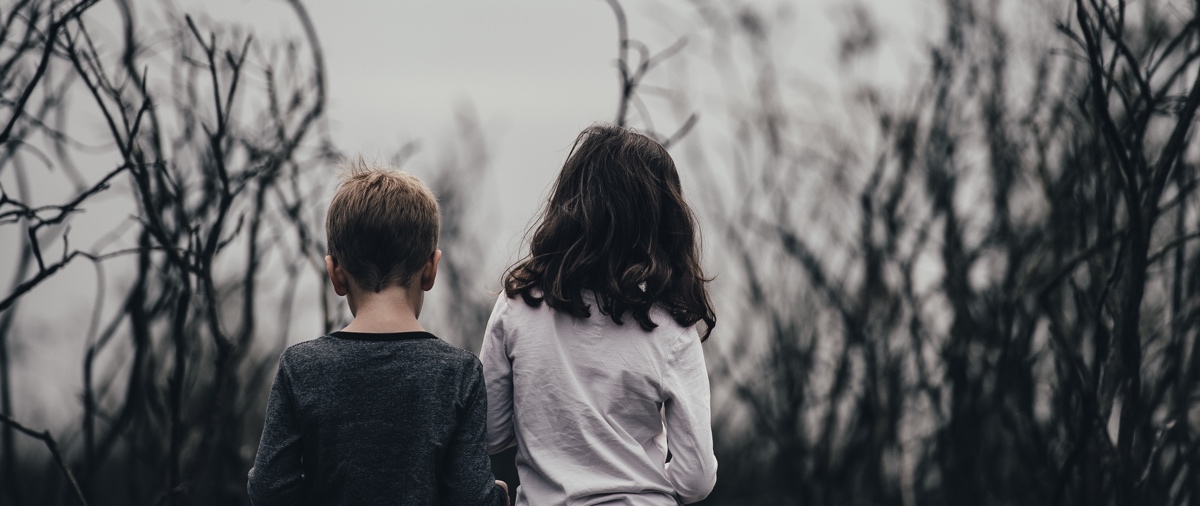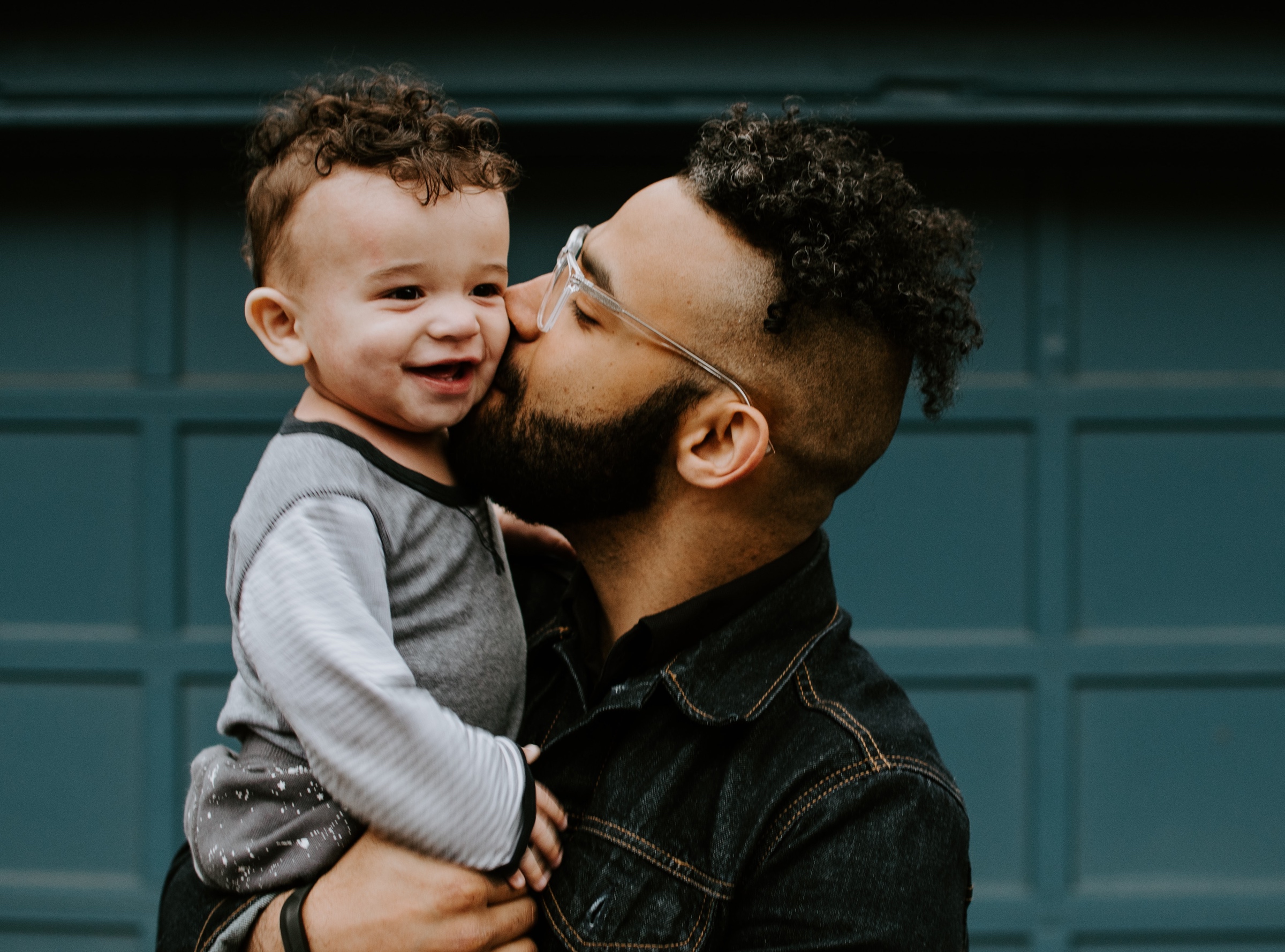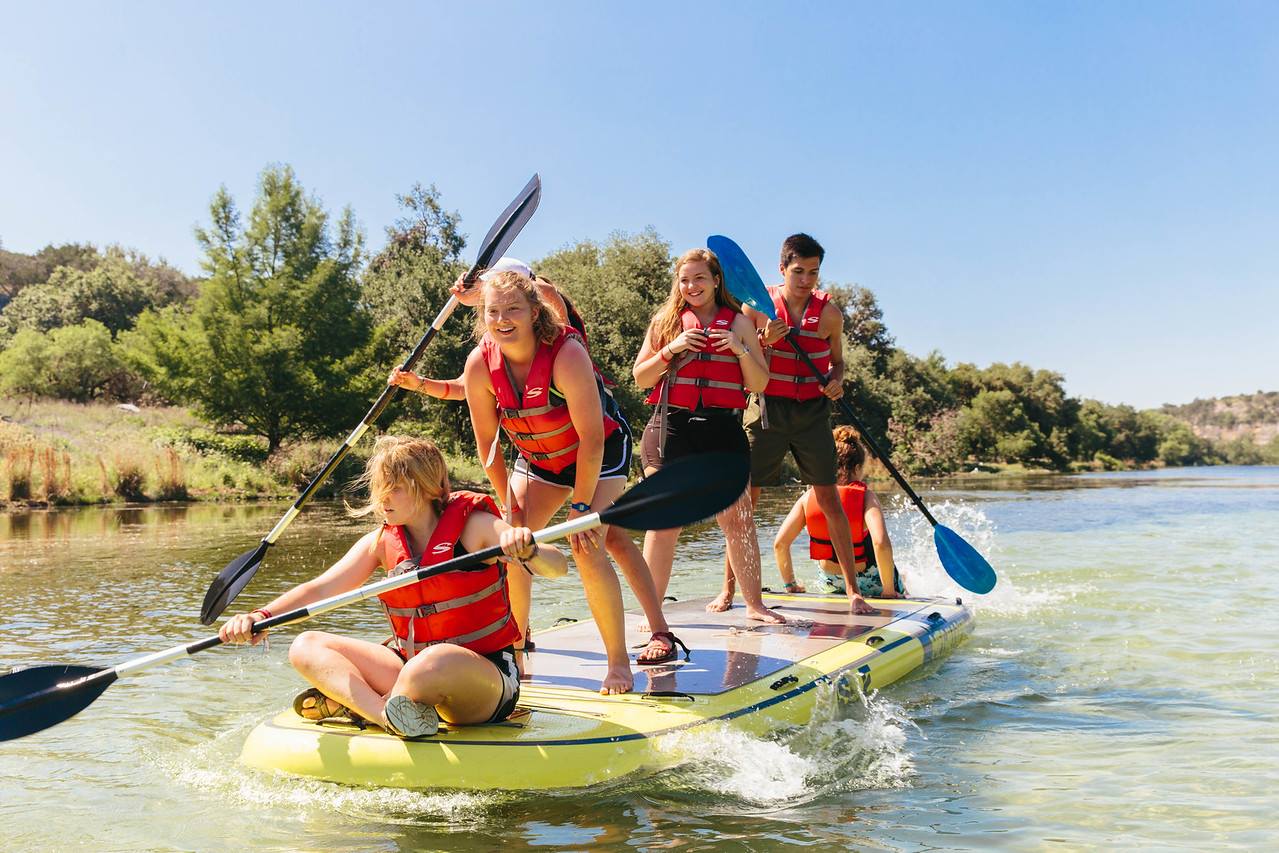Recent tragedies like the Las Vegas shootings and hurricanes cause anxiety and unrest in all of us to one degree or another. As adults, it can be difficult for us to rationalize and deal with such events. For our kids, it can be even more challenging. Our kids get information. The abundance of news, updates, notifications, and tweets is unprecedented in their lives. Therefore, it’s even more important that we have sound communication tools for talking with our kids about tragedies. Pediatric psychologist Katherine Lamparyk, Psy.D., says it’s important to talk with your children about tragedies, but don’t force them to talk about it until they’re ready.
Here are some great tools for when your kids are ready to talk to you about these type of events:
- Use words and concepts that are easily understandable.
Talk in a way that’s appropriate to their age and level of understanding and don’t overload the child with too much information. - Be honest with your answers and information.
“Children can usually sense if you’re not being honest,” says Dr. Lamparyk. “It’s not comforting if they think you’re not being straight with them.” - Be ready to repeat yourself or have more than one conversation.
“Some information can be very confusing and hard to accept,” says Dr. Lamparyk. “Your child asking the same question over and over may be a way of looking for reassurance or just trying to process the information.” Do be consistent and reassuring, but don’t make unrealistic promises that nothing bad could ever happen. - Acknowledge and support your child’s concerns. Let your child know that his feelings, reactions and questions relating to a tragedy are important — don’t dismiss them as “childish.”
- Don’t stereotype groups of people by race, nationality or religion. This is a good opportunity to teach tolerance and explain that while all these acts are terrible and scary, all types of people commit them. Be prepared to answer questions about rumors and generalizations and make use of the words “sometimes” and “some people.”
- Be a role model. “Kids learn from watching the grown-ups in their lives and want to know how you respond to events,” Dr. Lamparyk says. “They are often listening to and observing you talk to other adults, even when it doesn’t seem like they are paying attention.”
- Don’t let small children keep watching violent images. “Turn off the screens while there’s still heavy media coverage of an event,” says Dr. Lamparyk. “Repetitive, upsetting images can be disturbing, especially to young children.”
- Coordinate between home and school. Parents should know about how tragic events are discussed at school and teachers should know about the child’s specific fears or concerns.
- Give extra support to kids who’ve had their own trauma or losses. “These kids may have more intense reactions to tragedies or terrorist acts,” Dr. Lamparyk says. “Give them extra attention and consider how the present event may trigger past memories.”
For our children, the world around them can be a confusing and scary place. As parents, engaging our kids on traumatic issues provides them with the opportunity to confront these fears and anxiety with the people in their lives that provide them with the most comfort – you. No one should live in fear, particularly our kids.




